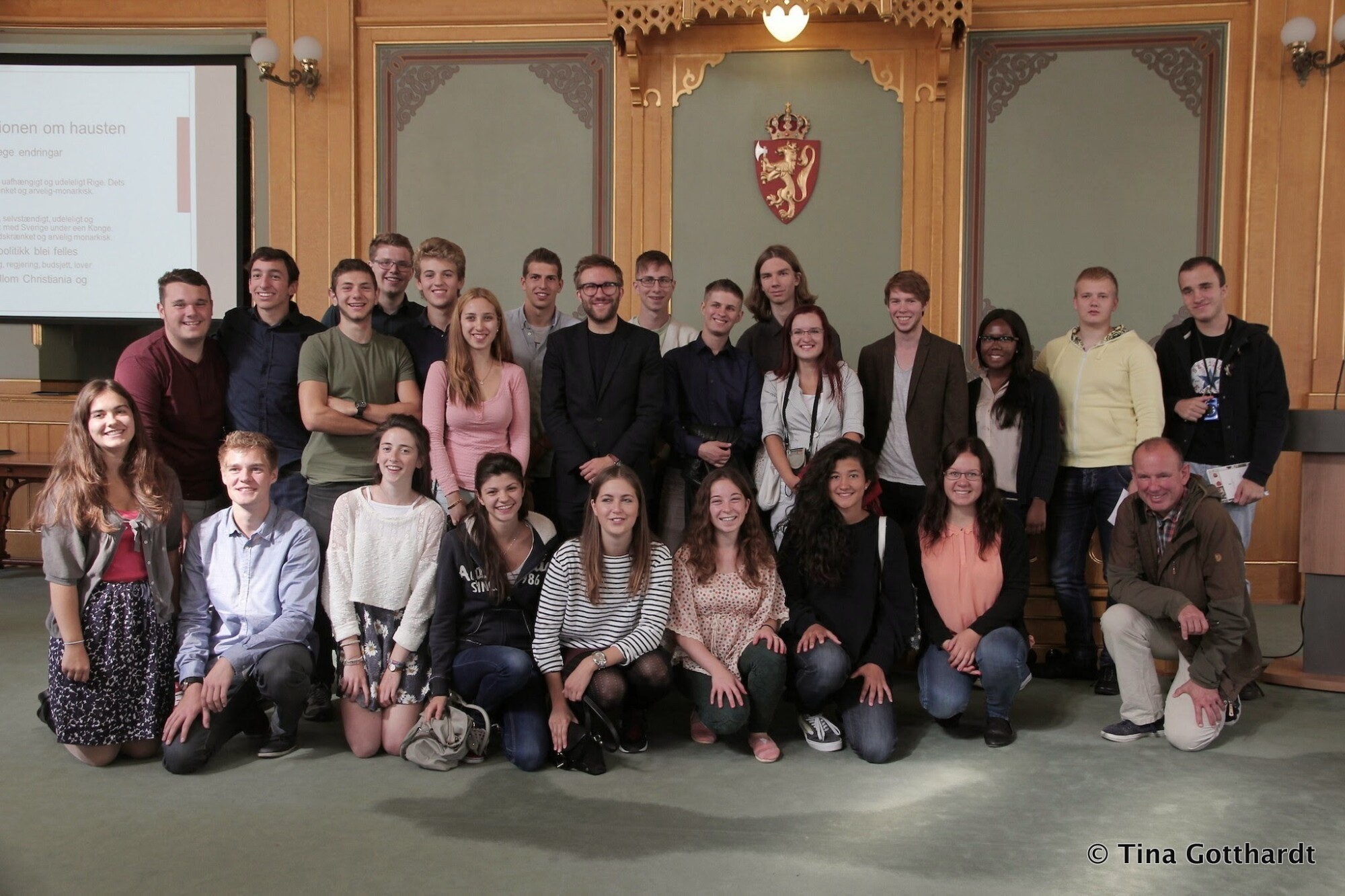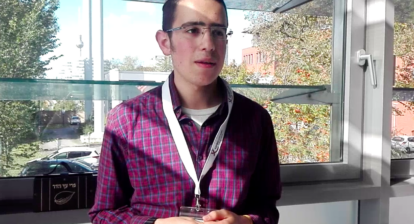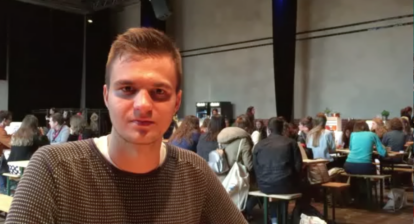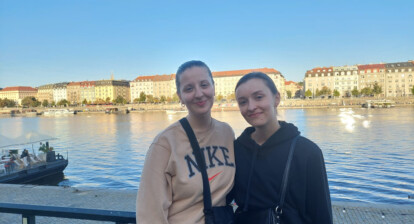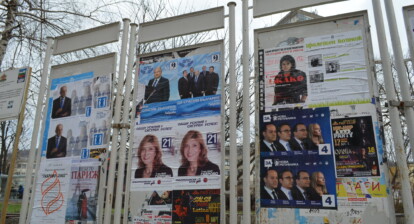There are so many present problems and pressing issues which are linked to World War I, the prime catastrophe of the 20th century. At the same time it shows that hardly anyone learns from history. Haris Huremagić (20), a prize winner of the Austrian history competition, has a Bosnian Background and demands honest efforts of modernization for Bosnia-Herzegovina.
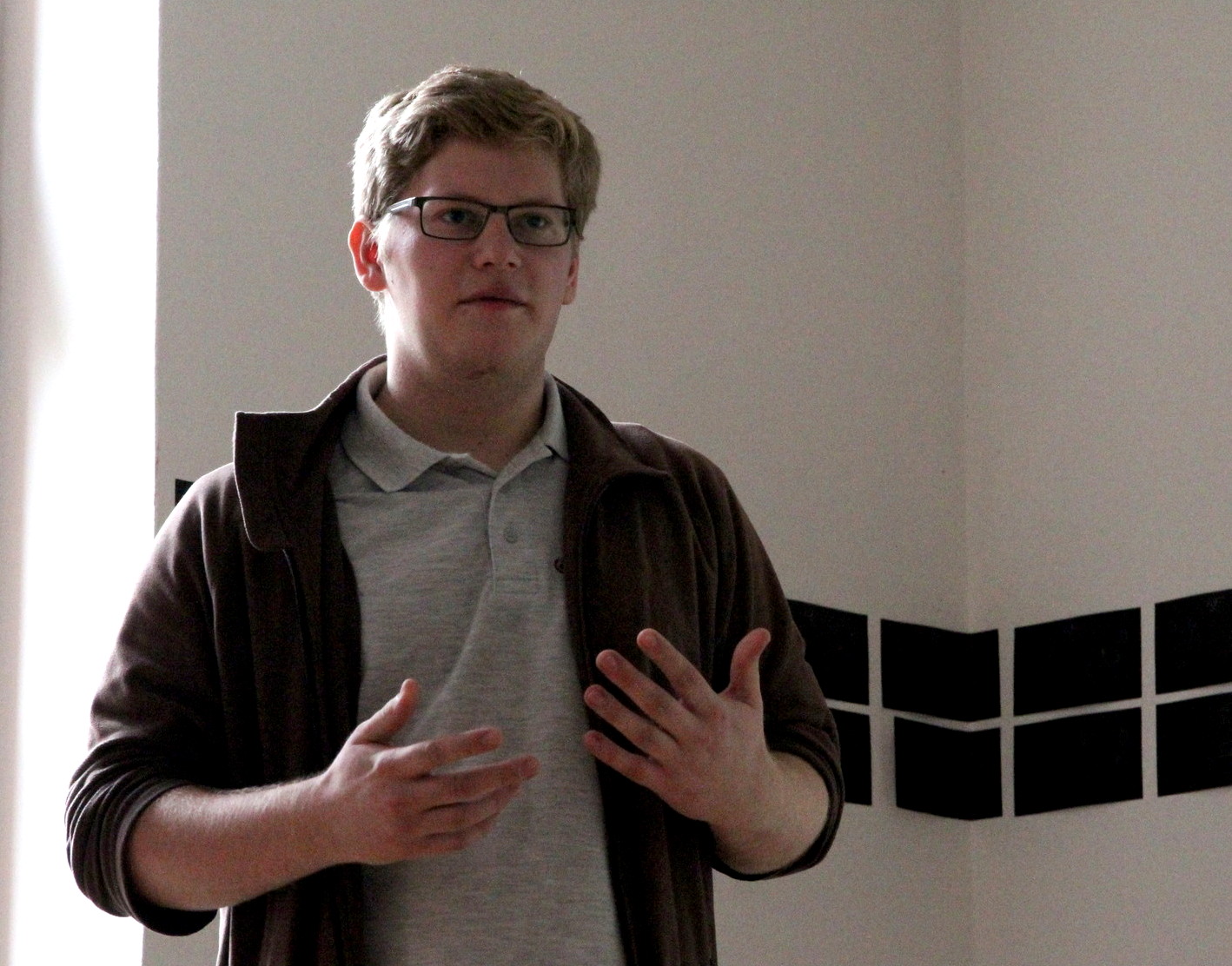 Growing up in Austria as a person with a Bosnian background was in some ways a childhood between the poles of Francis Ferdinand and Gavrilo Princip. It is hardly surprising that the assassination of Archduke Franz Ferdinand was probably the first historical fact I knew of in kindergarten already. It was a must-known fact for a young Austro-Bosnian and this topic followed me ever since. Later on I became aware of the whole complexity of the First World War and found particular interest in the topic of the Austro-Hungarian rule in Bosnia-Herzegovina. Dealing with this topic is an enlightening thing to undertake because there are so many present problems and pressing issues which are linked to the prime catastrophe of the 20th century. At the same time it shows that hardly anyone learns from history. Otherwise, there would not be any war today.
Growing up in Austria as a person with a Bosnian background was in some ways a childhood between the poles of Francis Ferdinand and Gavrilo Princip. It is hardly surprising that the assassination of Archduke Franz Ferdinand was probably the first historical fact I knew of in kindergarten already. It was a must-known fact for a young Austro-Bosnian and this topic followed me ever since. Later on I became aware of the whole complexity of the First World War and found particular interest in the topic of the Austro-Hungarian rule in Bosnia-Herzegovina. Dealing with this topic is an enlightening thing to undertake because there are so many present problems and pressing issues which are linked to the prime catastrophe of the 20th century. At the same time it shows that hardly anyone learns from history. Otherwise, there would not be any war today.
This year’s anniversary of the First World War triggered an immense number of publications covering all kind of related topics and perspectives as well as the impact history has on the present. If we look at present-day Bosnia-Herzegovina one might find some parallels to the Austrian-Hungarian period.
The Bosnian State is Totally Paralyzed
The one thing that persists over more than one hundred years is the national question. Similar to the “Sabor” (Bosnian parliament established in 1910), the various parliaments are organized following the ethnic principle. This principle not only affects the parliament but all spheres of the society. Divided into two halves today, the Bosnian state is totally paralyzed politically as well as economically. 100 years after the First World War the time has come to learn from history in order to strengthen the European Idea.
In this sense it is worthwhile to consider the Austrian-Hungarian Empire as the most European pre-War Empire with a supranational legacy: What can we learn? One of the most important and challenging tasks of the Habsburg Monarchy was certainly the South Slav Question – it even turned out to be most crucial one for its future. An academic introduction into the historical context of the South Slav Question can be found here.
Today the European Union has to realize the importance of the post-conflict Balkans for a secure European future. Integration is the key word. The European process of integration must include the core of the South Slav Question: Bosnia-Herzegovina. For this purpose it is of most importance to adjust the ethnic system in Bosnia, as it would have been back then in the 1900s to carry out a land reform.
Bosnia-Herzegovina Needs Active Politics of „Europeanization“
In 2014 the EU should use the opportunity of the anniversary to start a broad campaign to change Bosnia-Herzegovina and to integrate it into the European community. What Bosnia-Herzegovina needs is active politics of “Europeanization”, meaning real and honest efforts of modernization, and smoothing the way to defuse ethnic tension.
In an interview with the German newspaper FAZ the French philosopher Bernard-Henri Lévy stated, that “Bosnia was Europe in miniature. Maybe Europe, as it turned away and left the little Bosnia to die, admitted that his own ideal image, his own ego ideal was murdered.”
By interviewing Mr. Peters and Ms. Demmerle I tried to cover topics, which seem important to me on a personal level. I also wanted to investigate issues that help understanding current challenges, such as the question how to structure the European Union, or how to approach the countries of the Balkans in order to stabilize this region.
Our Ways of Thinking in Europe Stick too Much to Categories
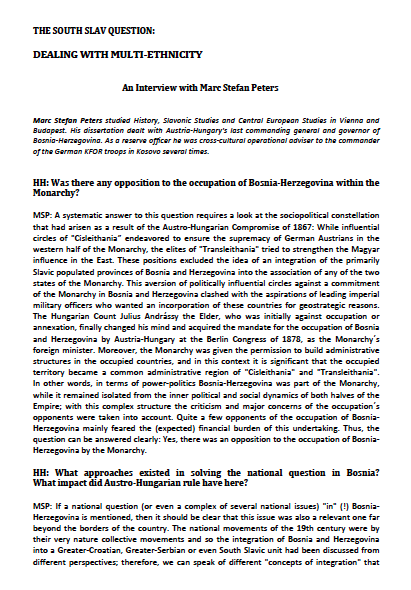 Mr. Peters is a proven expert in the history of the Austrian-Hungarian Monarchy particularly regarding the South Slav Question. I am very grateful that I had the chance to work with him. The interview with him touches many interesting points. Despite all critics that should be made regarding the Austrian-Hungarian administration in Bosnia, it is most important that the Monarchy´s policy in Bosnia “also brought a sustainable orientation of the elite of this country towards (Western-) European values in spite of the collapse of 1918”, as Mr. Peters puts it.
Mr. Peters is a proven expert in the history of the Austrian-Hungarian Monarchy particularly regarding the South Slav Question. I am very grateful that I had the chance to work with him. The interview with him touches many interesting points. Despite all critics that should be made regarding the Austrian-Hungarian administration in Bosnia, it is most important that the Monarchy´s policy in Bosnia “also brought a sustainable orientation of the elite of this country towards (Western-) European values in spite of the collapse of 1918”, as Mr. Peters puts it.
The bottom line of this interview is that the European Union should consider Austria-Hungary´s policy in Bosnia-Herzegovina to prevent certain mistakes. What we see is for example that after all our ways of thinking in Europe stick too much to categories like nationality and ethnicity. What is more, the EU cannot seriously play the role of a peace-keeper and great power without stabilizing the situation on its doorstep. Only in a European context the ethno-nationalism in Bosnia can be disempowered.
The EU can Learn From the Monarchy
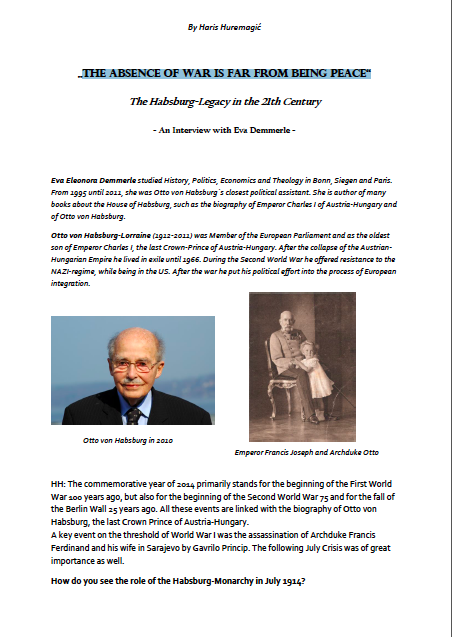 Ms. Demmerle wrote many books about the Habsburgs and as the former political assistant of Otto von Habsburg she had interesting insights in Habsburg´s political activities. One striking thing in that issue is the transformation of the former Archduke Otto into a European Member of Parliament. This connects somehow the former multi-ethnic Austrian-Hungarian Empire with the idea of the European unification. Once again the EU can learn from the Monarchy, how to deal with a multi-national “state” and what not to do.
Ms. Demmerle wrote many books about the Habsburgs and as the former political assistant of Otto von Habsburg she had interesting insights in Habsburg´s political activities. One striking thing in that issue is the transformation of the former Archduke Otto into a European Member of Parliament. This connects somehow the former multi-ethnic Austrian-Hungarian Empire with the idea of the European unification. Once again the EU can learn from the Monarchy, how to deal with a multi-national “state” and what not to do.
Fortunately, both interview-partners were immediately willing to take part and share their knowledge. This resulted in interviews focusing on the dynamics of multi-ethnicity in the context of Austria-Hungary as well as one from a “Habsburg-perspective” dealing with the question of how to structure a multi-ethnic state. The latter discusses what we should bear in mind explained by using the biography of Otto von Habsburg, the last Crown-Prince of the multinational Austrian-Hungarian Empire. At this point I would like to warmly thank Mr. Niklas Salm-Reifferscheidt-Raitz, who put me in touch with both interview partners.
Interview with Marc Stefan Peters
Read more: Various authors have dealt with these questions on the YHF recently. Daniel Gjokjeski (28) asks the vital question: How much are we truly willing to change ourselves and accept otherness as a pre-condition for peace?

